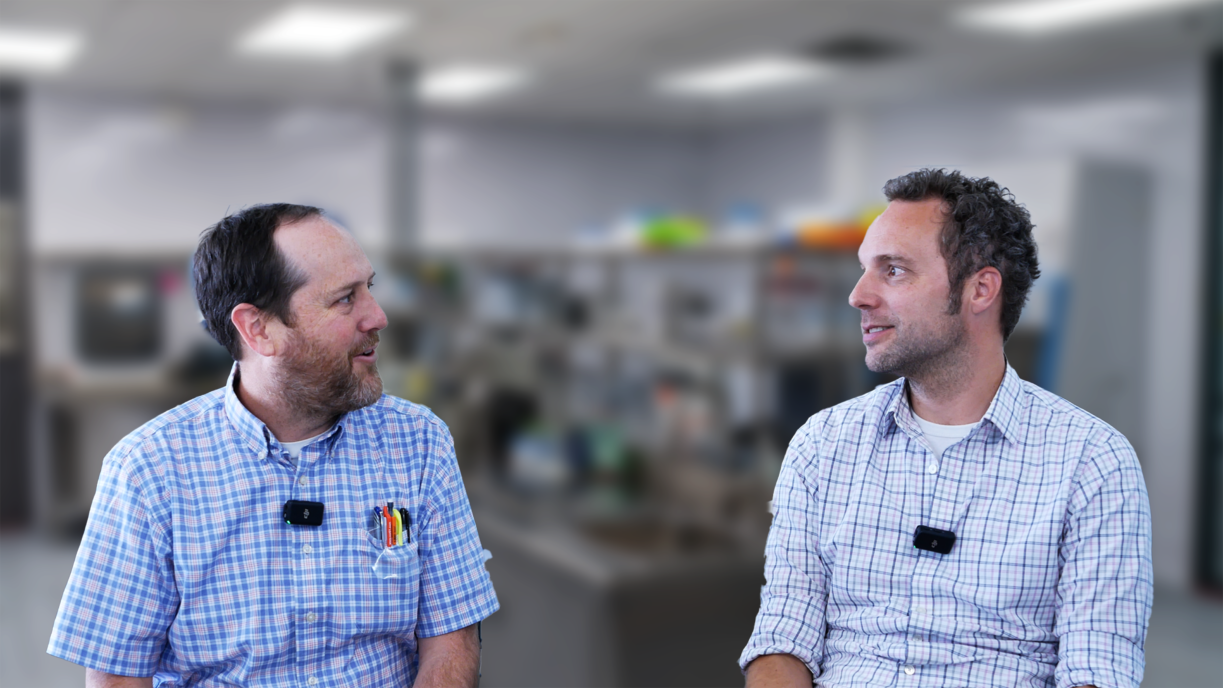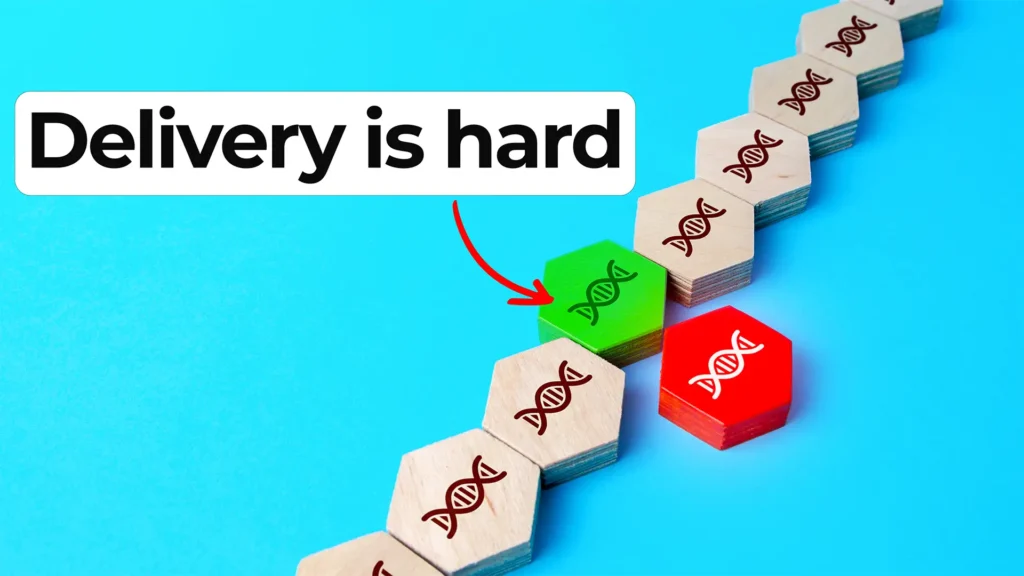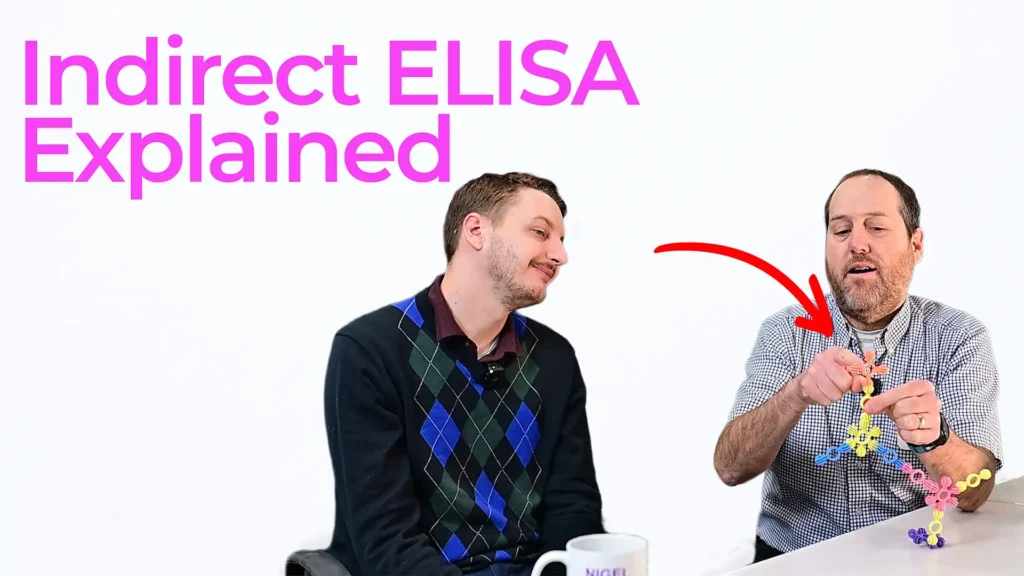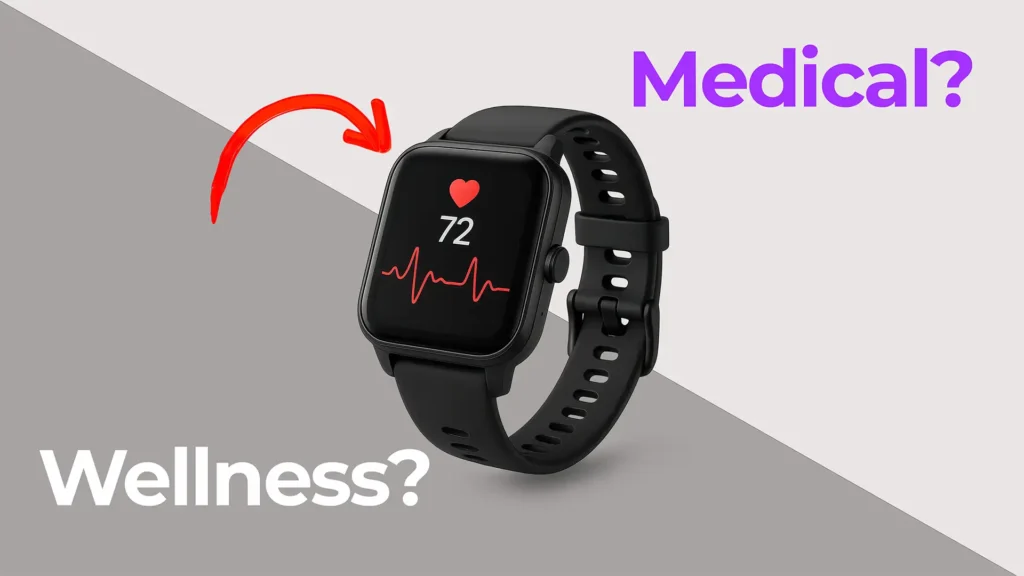
Bio Break: Understanding Clinical Trials – Key Steps and Expert Insights
In this engaging episode of Bio Break, Nick and Joris dive into the complexities of clinical trials as a critical component of medical product development. Whether you’re a developer embarking on your first trial or a seasoned professional seeking guidance, this discussion provides actionable insights and resources to streamline the process.
Nick explains the importance of starting with the Clinical Laboratory Standards Institute (CLSI), a trusted resource for comprehensive guidance documents that address every facet of trial design. He highlights CLSI document ACP 1782, which details methodologies for determining the limit of blank, limit of detection, and the essential limit of quantification—crucial factors for validating medical diagnostics.
The conversation also touches on addressing environmental substances that could interfere with trial results. From chewing gum to caffeine, CLSI’s EP7-A2 guidance document offers a framework for evaluating interfering compounds in diagnostics, ensuring reliable data even in challenging conditions. For developers working with saliva-based tests or other sensitive diagnostic tools, these guidelines are indispensable.
Precision and bias are also at the forefront of trial considerations, and Nick mentions EP15-A2, a vital CLSI resource for understanding and accounting for these metrics in trial setups. From power calculations to designing interference panels, the discussion underscores how these documents empower developers to create robust, reproducible studies.
If you’re navigating the intricacies of clinical trials, this episode is your gateway to essential knowledge. Learn how leveraging the right resources can elevate the quality and reliability of your medical device development process.
Understanding Clinical Trials – Key Steps and Expert Insights
Related Resources

In this episode of MedDevice by Design, Ariana Wilson and Mark Drlik explore what sits beneath that progress, focusing on how these therapies are delivered and why delivery remains one of the hardest problems to solve.

Nick and Nigel walk through how indirect ELISA works, why it uses two antibodies instead of one, and when this approach makes the most sense in real diagnostic workflows.

Ariana Wilson and Mark Drlik break down medical vs wellness devices and explain why two products with identical hardware can fall into completely different regulatory categories.

Nick and Nigel break down the ELISA assay explained in simple, practical terms using everyday models.
